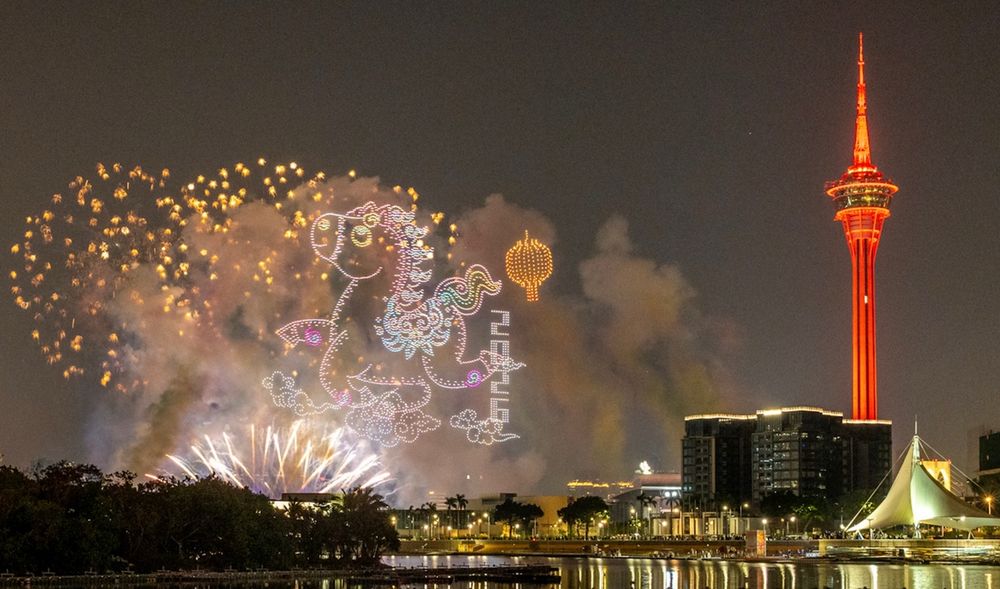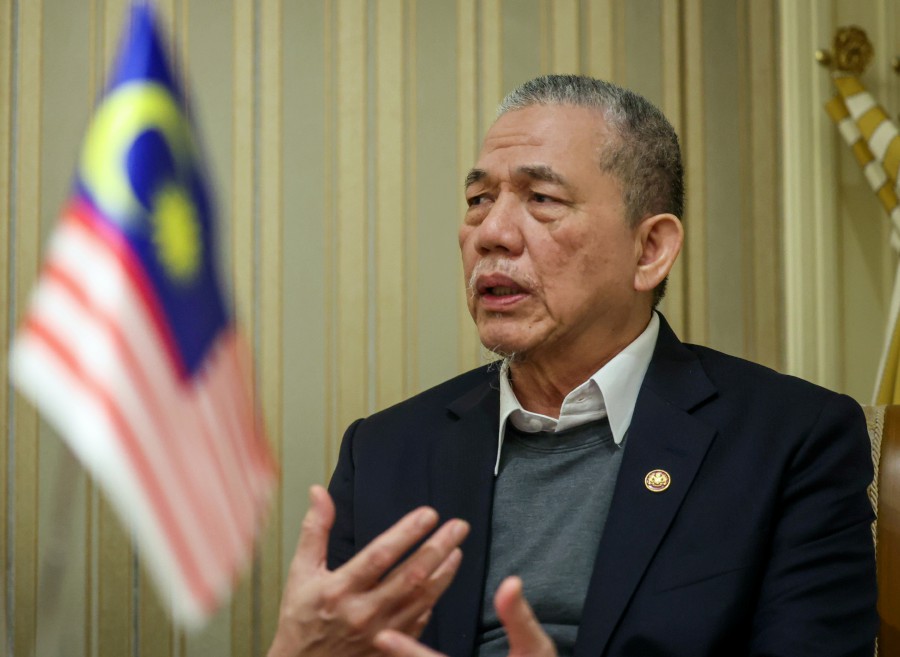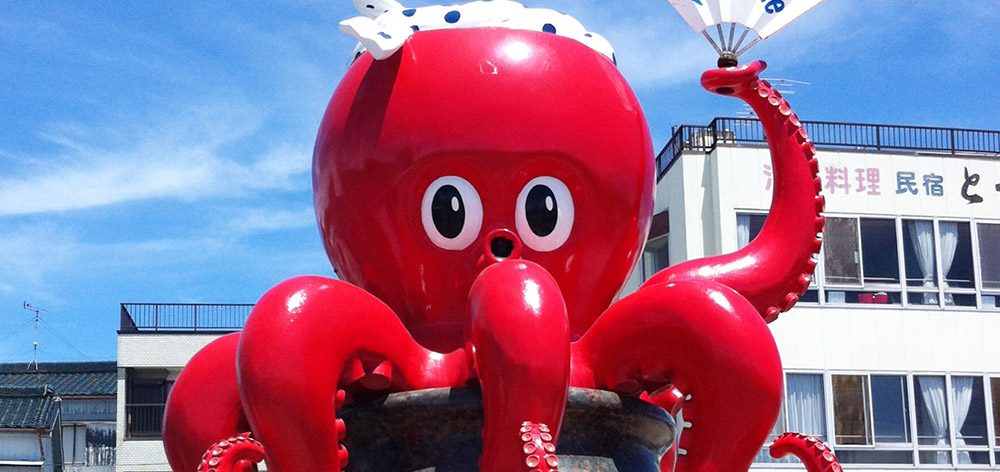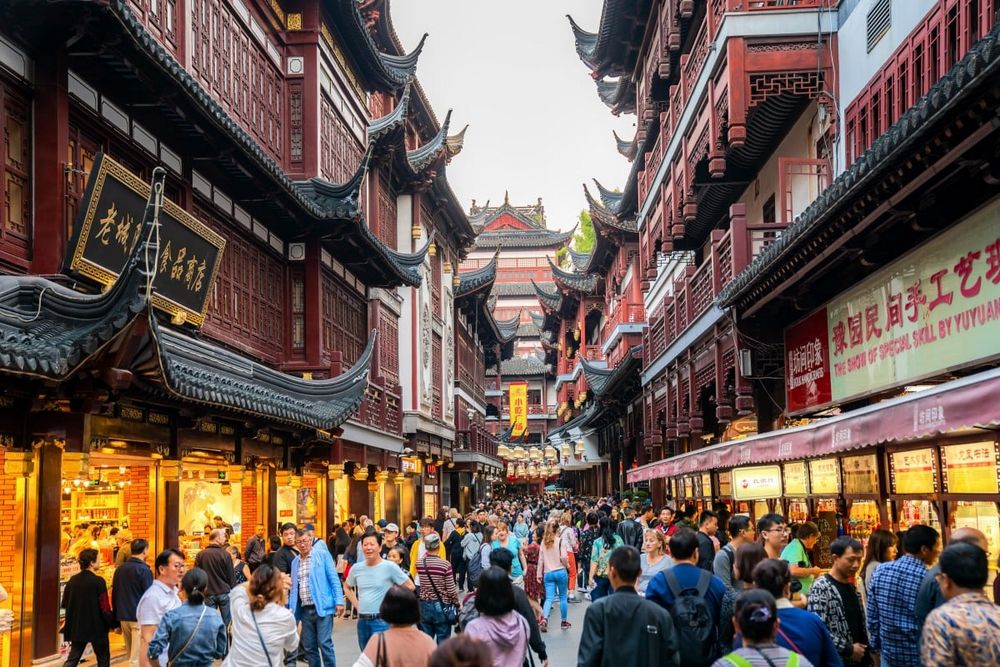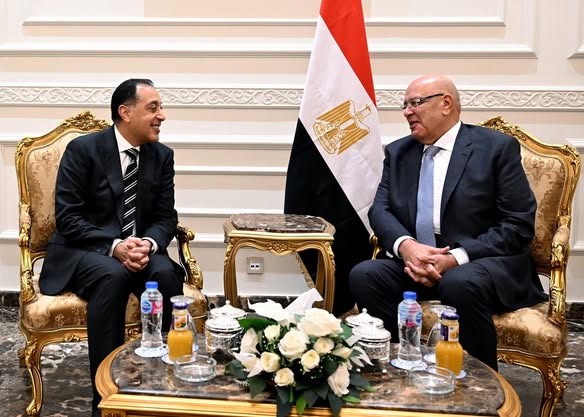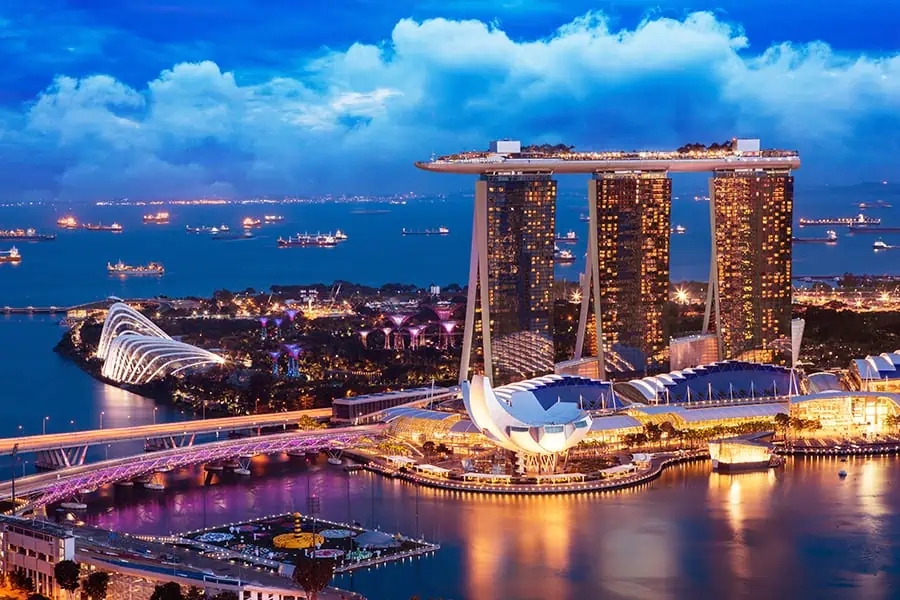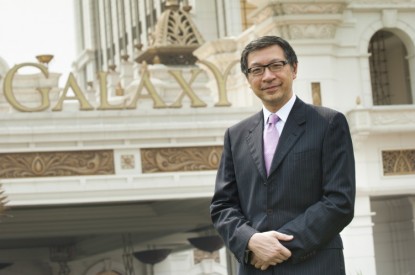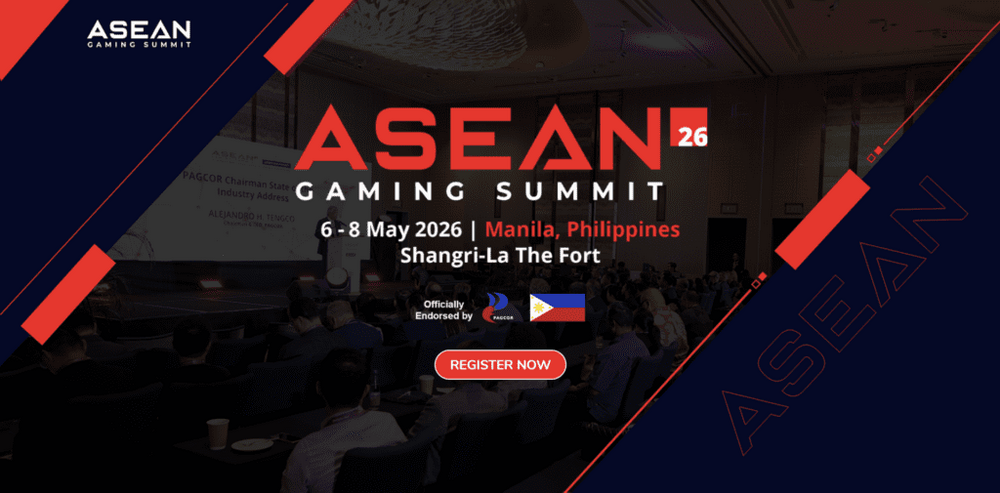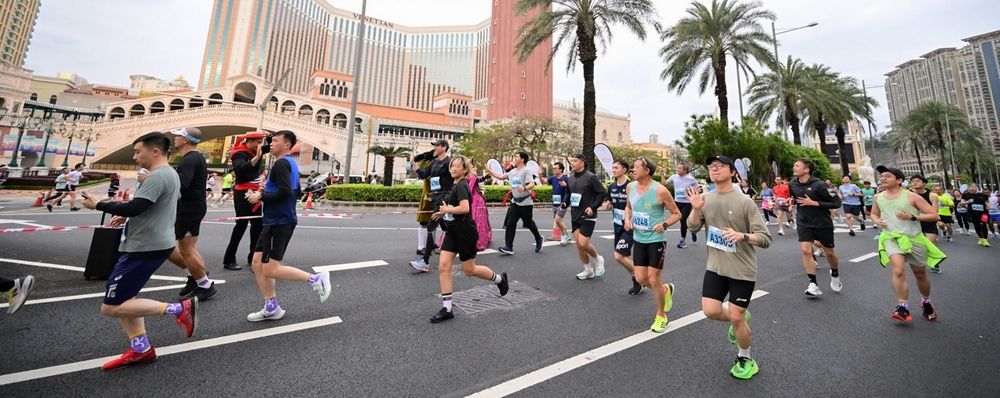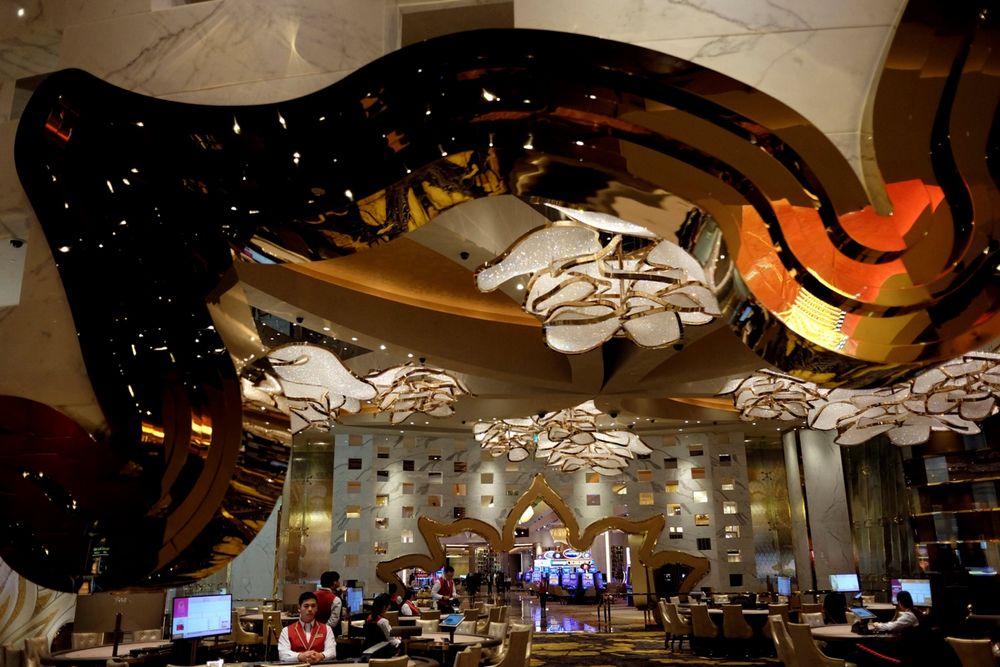In a bold regulatory pivot, the Gambling Regulatory Authority (GRA) of Singapore has opened a public consultation exploring the legalization of in-game marketplaces—a move that could reshape the Asian gaming landscape by allowing regulated item trading within online platforms.
The proposed scheme would authorize Type 2 Remote Gambling Operators (RGOCs) to create player-to-player trading systems for digital items such as skins, collectibles, and virtual rewards. Crucially, these items must remain non-monetizable—no cash-outs, no operator buy-backs, no exceptions.

“The industry is evolving,” said a GRA representative. “Gamers today want personalization, community, and social recognition. This initiative supports deeper engagement while ensuring responsible play.”
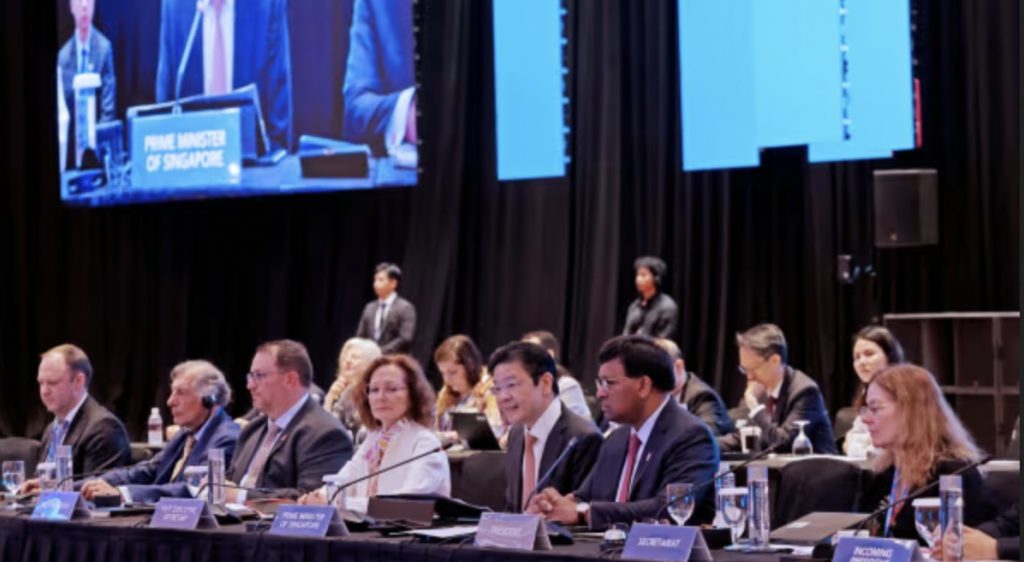
The proposal, open to public feedback until August 20, 2025, introduces a regulatory framework that blends gamification and compliance, setting a precedent that other jurisdictions may emulate. Industry experts project that controlled item-based engagement systems could increase retention by 12% to 18%, based on analytics from sandboxed testbeds.
In parallel, Asian markets such as Vietnam and the Philippines are observing Singapore’s model closely. With rising pressure to modernize their gaming codes, a successful rollout in Singapore could create a ripple effect across the continent.
Singapore fights against lerna`s hydra: illegal gambling everywhere
Meanwhile, operators from outside Asia are already drawing inspiration. One Latin American stakeholder commented: “This model brings structure to engagement. With a framework like that, investing in top-tier technology becomes not just attractive—it’s strategic. This move further aligns with GRA’s long-term vision: increase entertainment value, reinforce compliance, and future-proof the player experience.











